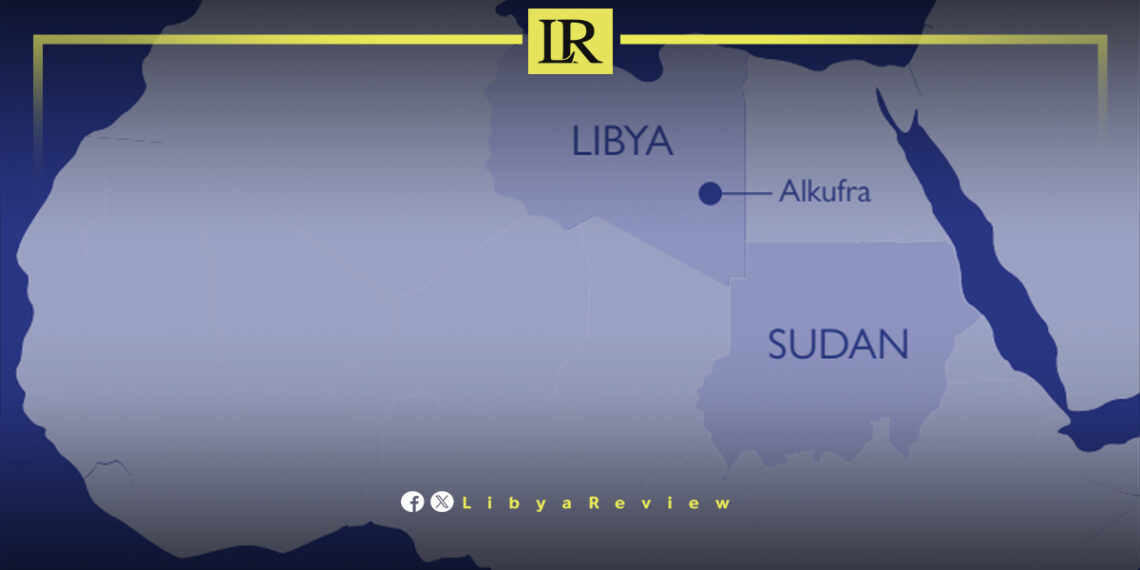On Wednesday, the Libyan Relief and Humanitarian Aid Authority, in collaboration with the World Food Programme (WFP), has launched a comprehensive food distribution programme aimed at supporting Sudanese refugee families across various Libyan cities.
The initiative targets over 3,300 Sudanese families in various Libyan cities, providing essential supplies like oil, canned tomatoes, beans, biscuits for children, and nutritional supplements for young children under five.
Major cities benefiting from the programme include Benghazi, which has received aid for 1,200 families, Ajdabiya for 740 families, and Jalu for 450 families. Smaller allocations have reached areas such as Marada, Az Zuwaytinah, Al Marj, and Derna.
The humanitarian crisis stems from the ongoing conflict in Sudan, which erupted in April 2023 and has displaced hundreds of thousands.
According to UNHCR estimates, more than 100,000 Sudanese refugees have crossed into Libya, placing immense strain on local resources. Despite Libya’s ongoing collaboration with international organisations like the WFP, many displaced families face dire conditions.
In southeastern Kufra, families recently arrived from North Darfur regions such as El Fasher, Kabkabiya, and Zamzam camp have sought refuge in makeshift shelters of cardboard and palm fronds.
These shelters offer little protection against extreme weather, leaving families exposed to plummeting temperatures and harsh storms. Mohamed Younis, a lecturer at the University of Benghazi’s Kufra branch and a community leader for Sudanese residents, described the living conditions as “miserable,” citing the lack of adequate shelter and resources for hundreds of displaced people.
Abdelhalim, a Sudanese refugee in Kufra, echoed these concerns, saying, “The recent wave of displacement has brought more people than aid can cover. We need more urgent interventions.” He also criticised the Sudanese Embassy and community offices for their perceived inaction in addressing the refugees’ plight. Many families remain stuck in remote areas, awaiting relocation to cities better equipped to handle the crisis.


